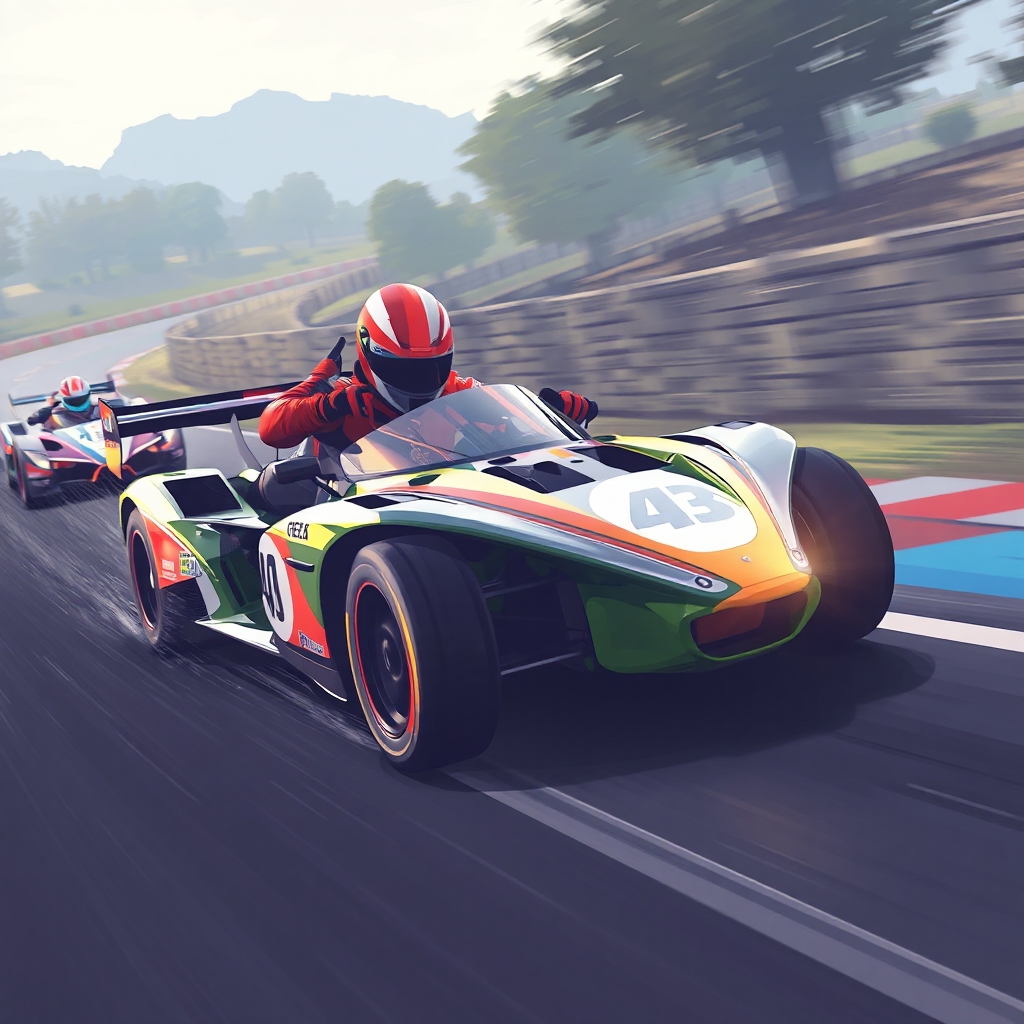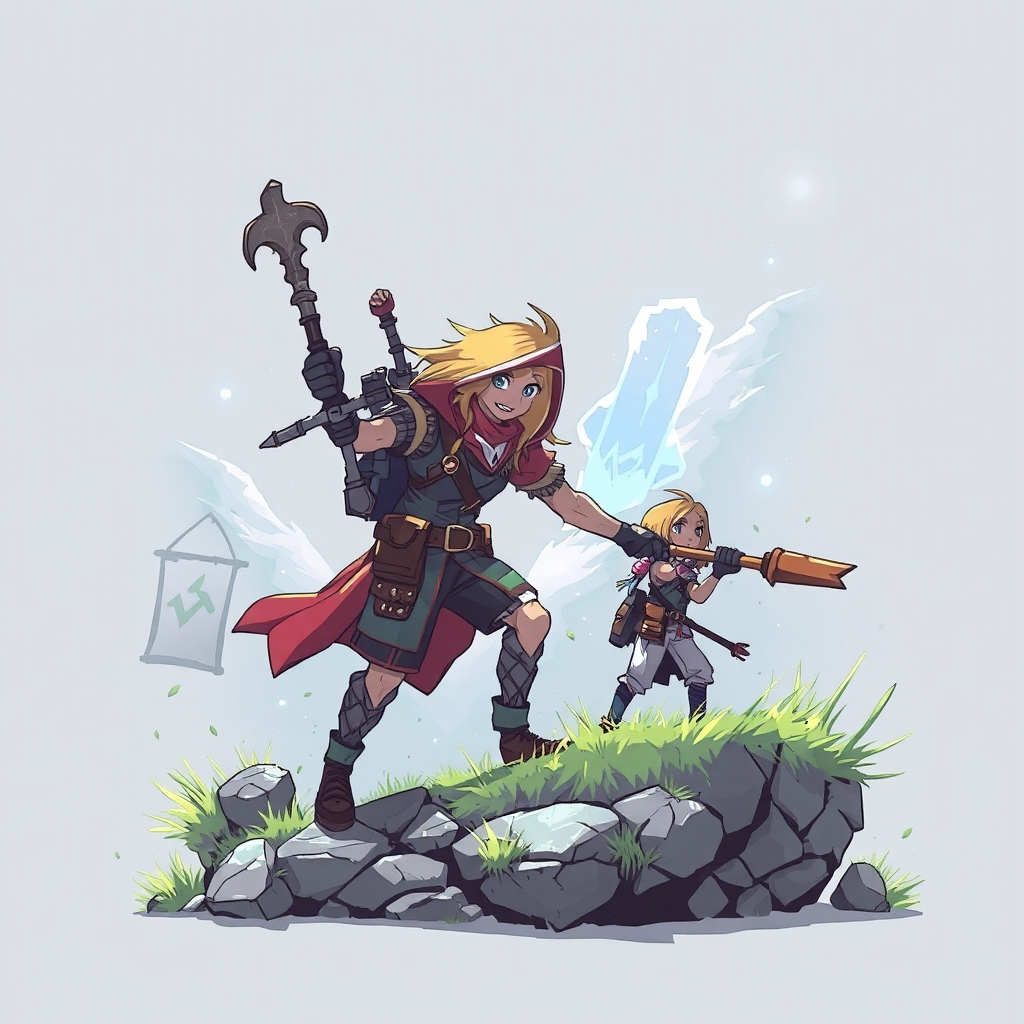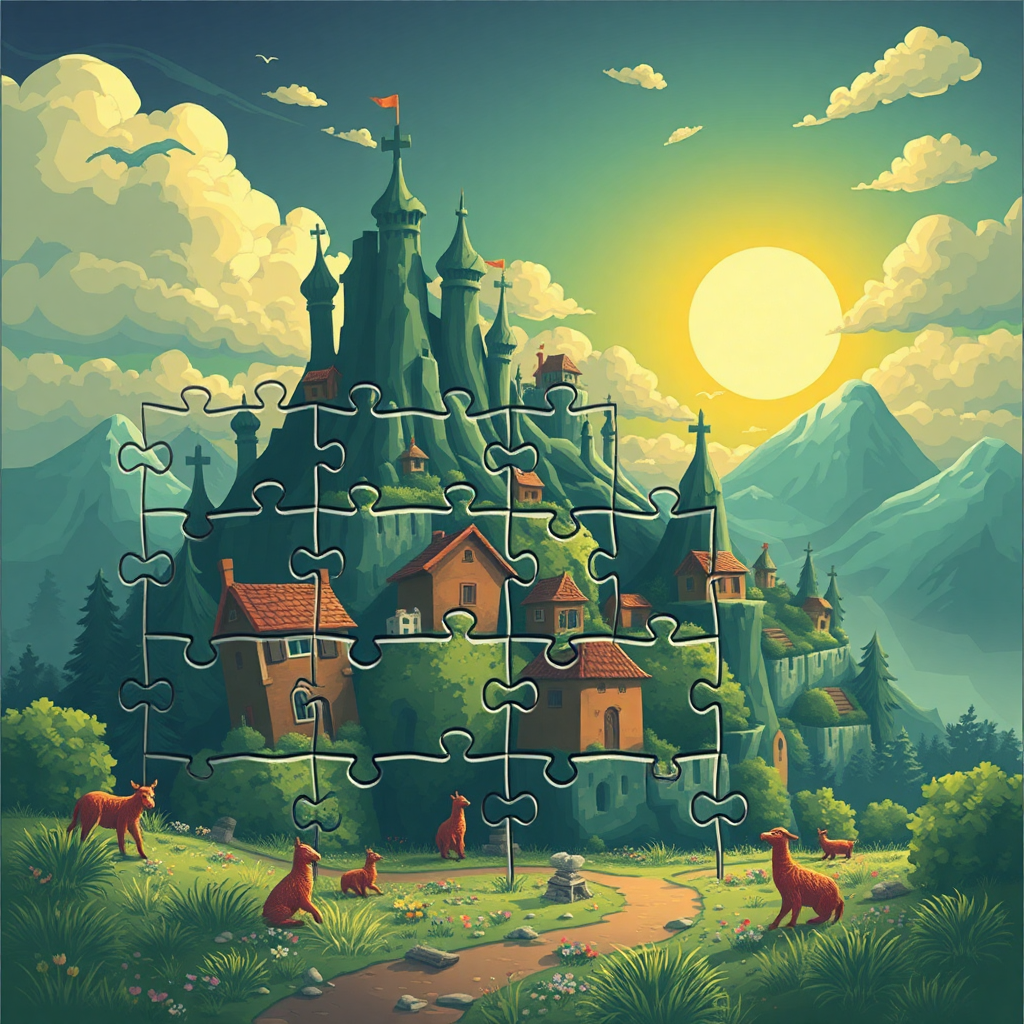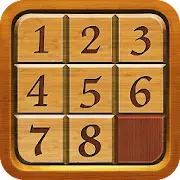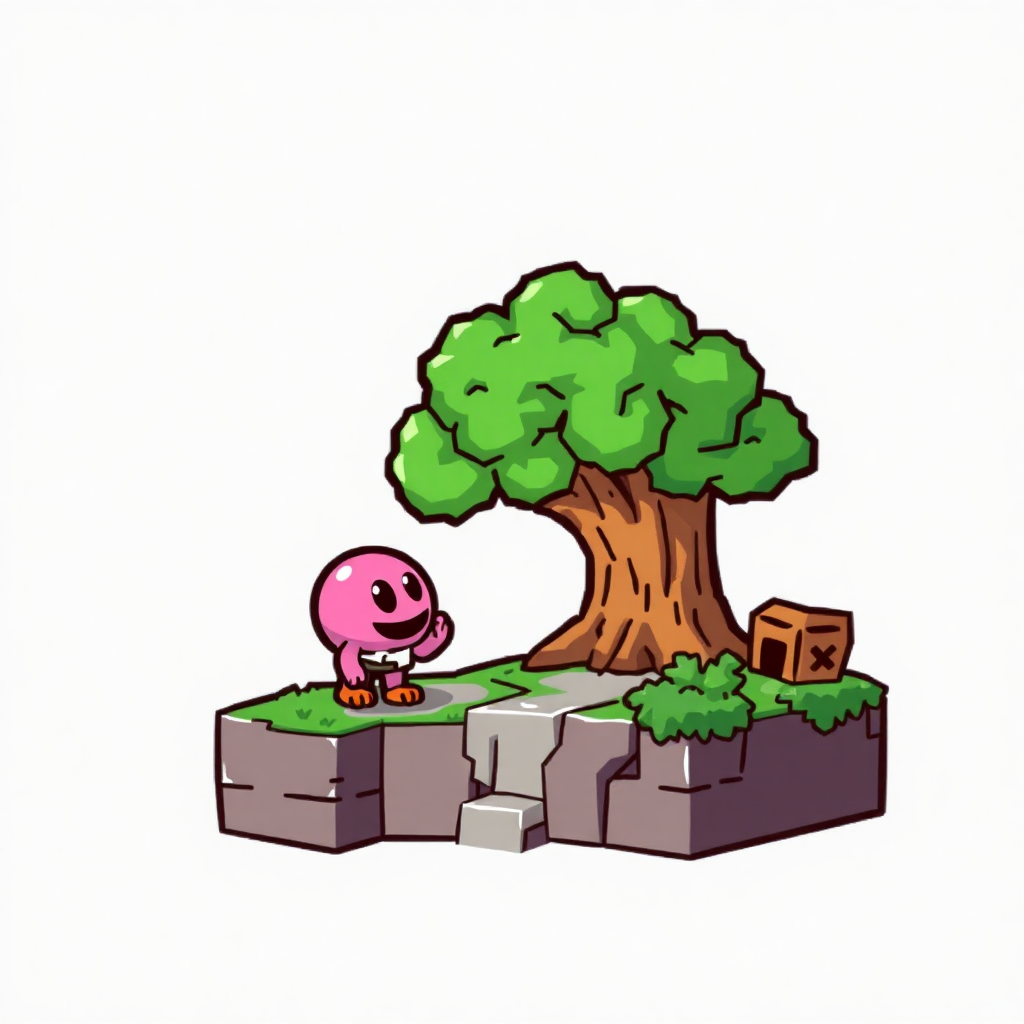Clicker Games
Introduction
Clicker games, also known as idle games or incremental games, have grown to be one of the most engaging and addicting genres in the world of mobile and online gaming. The appeal of clicker games lies in their simplicity: the player clicks or taps on the screen to earn points, resources, or upgrades, and the game often continues even when the player is not actively engaged. While the core gameplay is minimalistic, the appeal of clicker games is built on a cycle of reward and progression that keeps players coming back for more.
At their core, clicker games are all about automation and incremental progress. Players begin with a simple task, such as clicking to collect coins or other resources. As they progress, they can unlock upgrades, hire helpers, or automate their clicking process, creating a self-sustaining loop of gameplay that can last for hours or even days. Some of the most well-known clicker games, such as Cookie Clicker and Adventure Capitalist, have captured the imagination of millions of players worldwide.
The History of Clicker Games
Clicker games emerged as a distinct genre in the early 2010s, with Cookie Clicker often credited as the game that popularized the format. Created by developer Julien Thiennot, Cookie Clicker was first released in 2013 and quickly gained a massive following. The game combined simple mechanics—clicking to produce cookies—with an addictive progression system, where players could buy upgrades to produce more cookies automatically.
Following the success of Cookie Clicker, other games in the genre began to emerge, including titles like Adventure Capitalist, Clicker Heroes, and Realm Grinder. These games all shared a similar structure, where players could earn currency by clicking or tapping, and over time, their progress would be exponentially boosted by upgrades, automation, and new systems of resource management.
The simplicity of clicker games made them highly accessible, and their addictive nature made them perfect for mobile platforms. Players could easily pick up and play for a few minutes or hours, with the game rewarding progress even when they were not actively playing. This "idle" component of clicker games was a significant innovation, allowing for long-term gameplay without requiring constant attention from the player.
Core Features of Clicker Games
-
Incremental Progression
-
One of the defining features of clicker games is their incremental progression system. Players start with small, simple tasks but are gradually rewarded with larger, more complex upgrades and resources. This constant sense of progress creates a satisfying gameplay loop that motivates players to keep playing.
-
In games like Cookie Clicker, Clicker Heroes, and Egg, Inc., players begin by tapping to collect resources, but soon unlock powerful upgrades that automate the process, leading to exponential growth.
-
Automation
-
As players advance, they unlock automation features that allow the game to progress without requiring constant interaction. For example, in Cookie Clicker, players can hire assistants that automatically click for them, making it easier to accumulate resources without needing to tap the screen constantly.
-
This feature is a key part of the appeal of clicker games. It gives players a sense of accomplishment and allows them to continue progressing even when they are not actively playing.
-
Upgrades and Power-ups
-
Upgrades and power-ups are central to the progression in clicker games. Players can use their resources to purchase upgrades that increase their efficiency, unlock new abilities, or boost their resource generation.
-
In Adventure Capitalist, for example, players can invest in businesses, which automatically generate money. Each investment leads to exponential growth, allowing players to progress faster. The constant unlocking of new upgrades is one of the driving factors behind the addictive nature of these games.
-
Prestige and Reset Mechanism
-
Many clicker games incorporate a reset mechanism, where players can "prestige" or reset their progress to unlock permanent upgrades or multipliers. This feature adds an element of long-term progression and replayability, as players strive to reach higher levels of efficiency with each reset.
-
Games like Realm Grinder and Idle Miner Tycoon use this mechanic, where after a certain point, resetting rewards players with bonuses, encouraging them to start over with enhanced capabilities.
-
Simple, Yet Addictive Gameplay
-
The gameplay of clicker games is intentionally simple, relying on repetitive tasks such as clicking or tapping. However, this simplicity is what makes them so addictive. The sense of constant progress and rewards keeps players engaged, while the low barrier to entry makes them accessible to players of all ages and gaming experiences.
-
Whether it's the satisfaction of watching numbers increase, unlocking a new upgrade, or achieving a high score, clicker games offer players a rewarding experience without requiring complex mechanics or controls.
Why Clicker Games Are So Popular
Clicker games have gained significant popularity over the years for several reasons:
-
Casual and Addictive: The simplicity of clicker games makes them easy to pick up and play, while the incremental progression system keeps players engaged. The gameplay is designed to be easy to understand, making it accessible to casual gamers who may not have time for more complex games.
-
Low Maintenance: One of the biggest draws of clicker games is that they allow players to make progress even when they are not actively playing. The idle component lets players check in periodically, collect rewards, and continue progressing without constant attention, making it ideal for people with busy schedules.
-
Rewarding Progression: Clicker games are built around the concept of constant reward. Whether it's unlocking new upgrades, progressing through levels, or reaching higher multipliers, the games are designed to give players a sense of achievement with every step forward. This sense of progression keeps players coming back for more.
-
Endless Replayability: With the prestige or reset mechanisms in many games, clicker games offer endless replayability. Players can continue resetting their progress to earn even greater rewards, and each reset gives them a chance to reach new heights of efficiency and growth.
-
Accessibility: Clicker games are easy to play on both desktop and mobile platforms. The simple controls and mechanics make them ideal for quick gaming sessions on the go, attracting a wide variety of players.
Challenges in Clicker Games
While clicker games have enjoyed significant success, they do face some challenges:
-
Repetitive Gameplay: The repetitive nature of clicking and tapping can eventually become monotonous for some players. While the progression system helps to keep things fresh, the core gameplay loop may not appeal to those looking for more depth and variety.
-
Monetization: Many clicker games incorporate in-app purchases or ads, which can be a turn-off for players who prefer to enjoy the game without spending money. The reliance on microtransactions can create a "pay-to-progress" dynamic, which can detract from the overall experience.
-
Lack of Depth: Despite their addictive nature, clicker games often lack the depth found in other genres. The gameplay is usually simple, and while upgrades and automation provide a sense of progression, they may not offer the same level of narrative or complexity as other types of games.
The Future of Clicker Games
The future of clicker games looks bright, as new innovations and trends continue to shape the genre:
-
Enhanced Graphics and Animation: As mobile and PC hardware improve, clicker games are likely to feature more detailed graphics and smoother animations, making the gameplay experience more visually appealing.
-
Integration with Other Genres: Developers may begin to combine clicker mechanics with other genres, such as strategy or RPG elements, to create more complex and diverse gameplay experiences.
-
Better Monetization Systems: To address concerns about in-app purchases and ads, clicker game developers may explore new monetization models that offer players more value without detracting from the overall experience.
Conclusion
Clicker games have become an enduring and addictive genre in the gaming world, offering players a simple yet rewarding gameplay loop. The core mechanics of tapping, upgrading, and automating have made these games accessible to a wide audience, and their incremental progression keeps players engaged over the long term. With constant rewards and the opportunity for endless replayability, clicker games offer a satisfying experience that can be enjoyed by casual gamers and hardcore players alike. Whether you’re looking to kill time or striving to achieve the highest score, clicker games provide a unique and entertaining way to engage with gaming.
